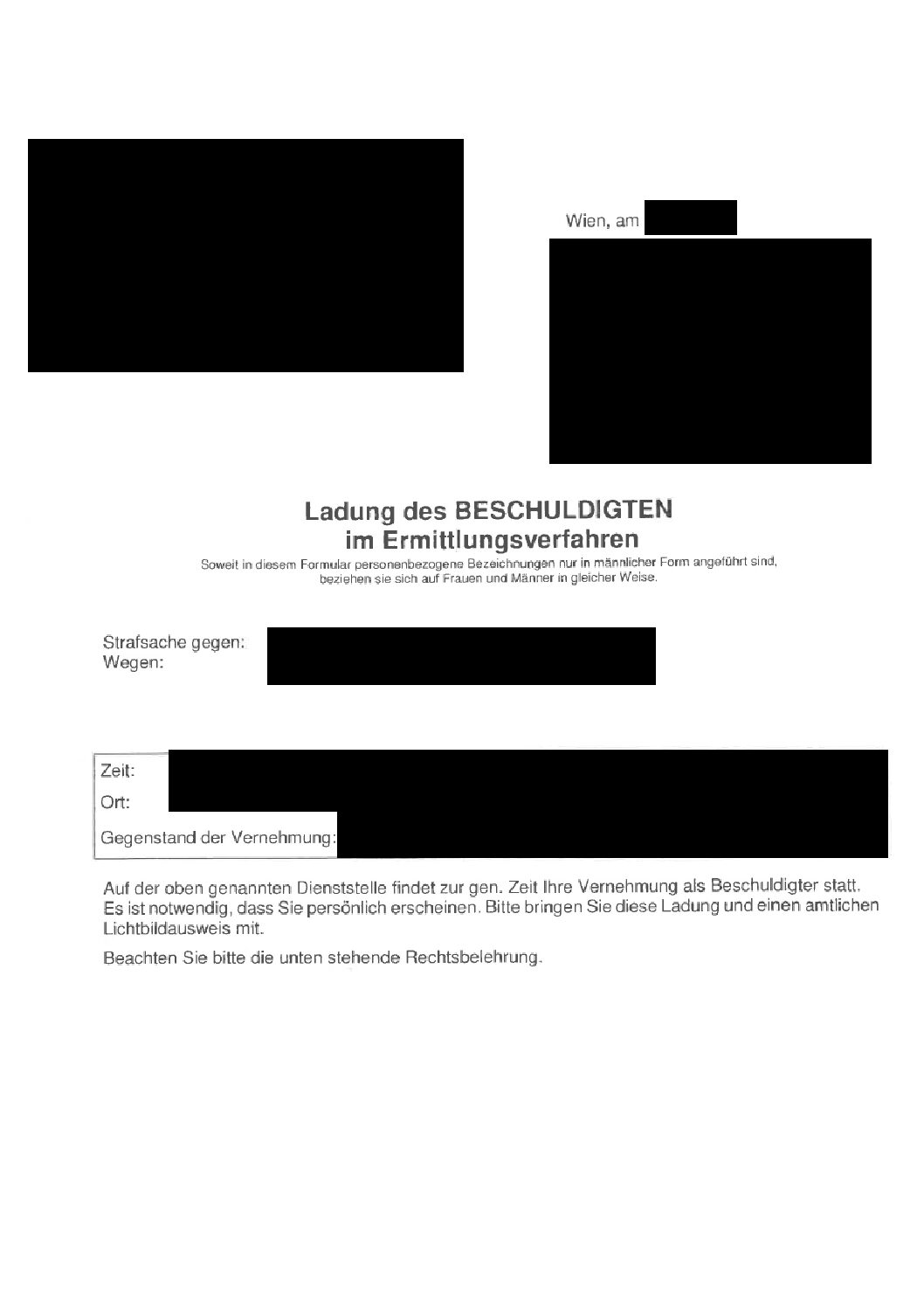
Although the importance of protecting personal data has come to the fore since Regulation (EU) 2016/679 of the European Parliament and of the Council of 27 April 2016 on the protection of natural persons with regard to the processing of personal data and on the free movement of such data, and repealing Directive 95/46/EC (General Data Protection Regulation) came into force, there are unfortunately still many companies and private individuals who disregard this constitutionally guaranteed right. The right to confidentiality, the right to information, the right to rectification, the right to erasure (“to be forgotten”), the right to restriction of processing, the right to data portability, the right to object and the right not to be subject to automated individual decision-making (profiling) are frequently violated.
I have already successfully conducted proceedings in the area of data protection law and achieved positive results for my clients. Data protection law matters are of great importance for companies and private individuals, as breaches of data protection laws can have serious consequences.
Individuals who believe that the processing of their personal data in question violates the General Data Protection Regulation have the right to lodge a complaint with the data protection authority in Austria. The proceedings before the data protection authority end with a decision, the verdict of which, for example in the case of proceedings due to a breach of the right to confidentiality, is that the data protection authority has (or has not) established this breach. In principle, it is possible to challenge such a decision by the data protection authority by lodging an appeal with the Federal Administrative Court. An appeal can also be lodged against any negative ruling by the Federal Administrative Court – on the one hand, an appeal to the Administrative Court and, on the other, an appeal to the Constitutional Court.
In addition, any data subject who has suffered material or immaterial damage as a result of the unlawful processing of their data can claim compensation from the controller or processor. Pursuant to Section 29 DSG, the provincial court in whose district the plaintiff (applicant) has their habitual residence or registered office is responsible for actions for damages at first instance. However, actions (applications) can also be brought before the regional court in whose district the defendant has his habitual residence or registered office or a branch office.
I will also be happy to assist you with my specialist knowledge on data protection issues and support you in complying with legal requirements and protecting your rights. I will provide you with comprehensive advice on all data protection issues and represent you in legal disputes.
My aim is to represent your interests in the best possible way and to achieve a positive solution for you.
©pixabay.com


